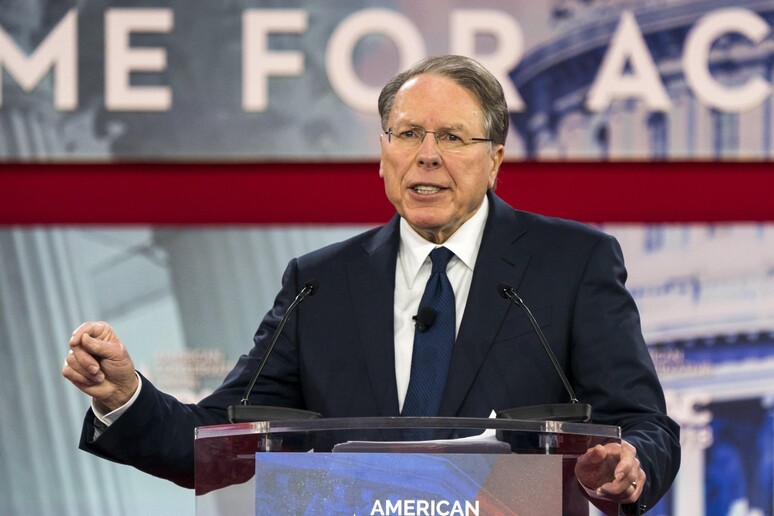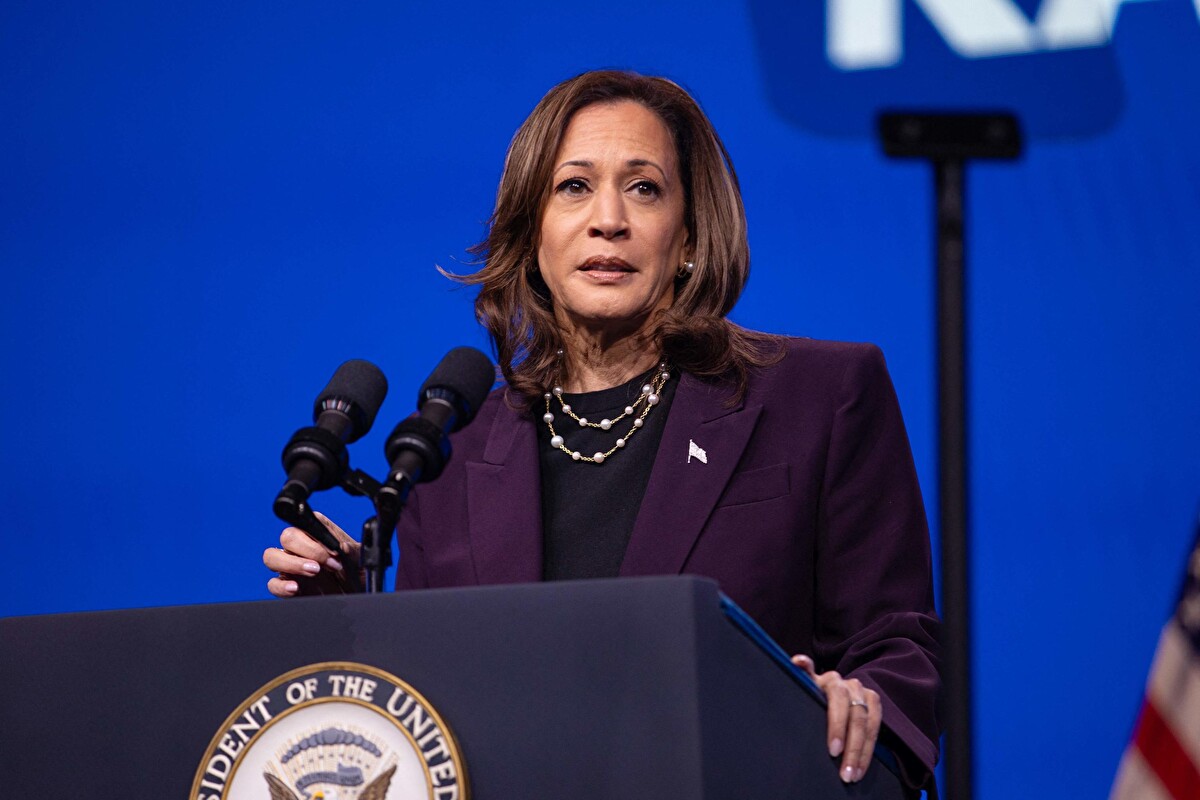The plea for an independent monitor to oversee the NRA was denied Tuesday by New York judge Joel M. Cohen after a protracted legal battle that exposed the pro-gun group’s internal mechanism and stirred divisive discussions over its future.
However, Justice Cohen made it plain that the NRA has to enact significant reforms. He gave the NRA and the office of New York Attorney General Letitia James orders to discuss specific steps intended to dismantle the ingrained cronyism that has given control of the organization to a tiny group of Wayne LaPierre’s cronies. LaPierre, the former CEO, has been at the heart of the controversy because of his questionable leadership styles and extravagant spending throughout his tenure, which are being extensively investigated.
Aiming to distance the NRA from its troubled past, Cohen barred LaPierre from serving as an officer or director for the next decade. In order to promote a more dynamic and open leadership structure, Cohen also recommended changes that would facilitate the appointment of fresh candidates to the 76-member governing board and maybe reduce its size.
Although LaPierre has been banned, John Frazer, who was recently fired as general counsel but is still the company secretary, is exempt from limitations since the judge noted that Frazer had typically carried out his responsibilities with good intentions.
While avoiding the worst regulatory repercussions, such as dissolution, which had been Attorney General James’ main goal, the NRA views the decision as both a success and a problem. Earlier in her campaign, James had called the NRA a “terrorist organization.” Still , the group managed to persuade Judge Cohen to toss out the attempt to dissolve it and turn down the idea of a monitor appointed by the court to oversee its finances and activities.
The NRA has nevertheless been profoundly impacted by LaPierre’s abrupt departure and the financial problems that were discovered during the proceedings, including his extravagant spending on yachts, charter flights, and vacations. Due to the disenchantment of the scandal-plagued leadership, the organization’s membership and income have drastically decreased. Its influence as a political heavyweight has diminished, especially inside the Republican Party, as other organizations have emerged to contest its hegemony in the gun rights movement.
Founded over 150 years ago as a nonprofit in New York, the NRA has always been under the state’s purview, giving the Attorney General special authority over it. The lawsuit filed by James in 2020 unveiled the internal chaos and financial misdeeds that had become the norm under LaPierre, leading to his exit and financial penalties for other top executives like Wilson Phillips, the former finance chief, who was found liable for $2 million.
The NRA’s new CEO, Doug Hamlin, voiced cautious hope following the judge’s decision as he emphasized the group’s dedication to openness and sound governance. “At this point in time, we’re relieved that we’re where we are in the process,” he said.
Difficult negotiations with the Attorney General’s office are now expected in order to finalize the reform measures. Should they fail, the judge may step in again to keep pressure on the NRA to carry out its commitments.
Attorney General James claimed that the trial had revealed the NRA’s flagrant misconduct and substantial lack of accountability under its previous leadership, highlighting the case’s wider ramifications for organizational transparency and nonprofit governance.












